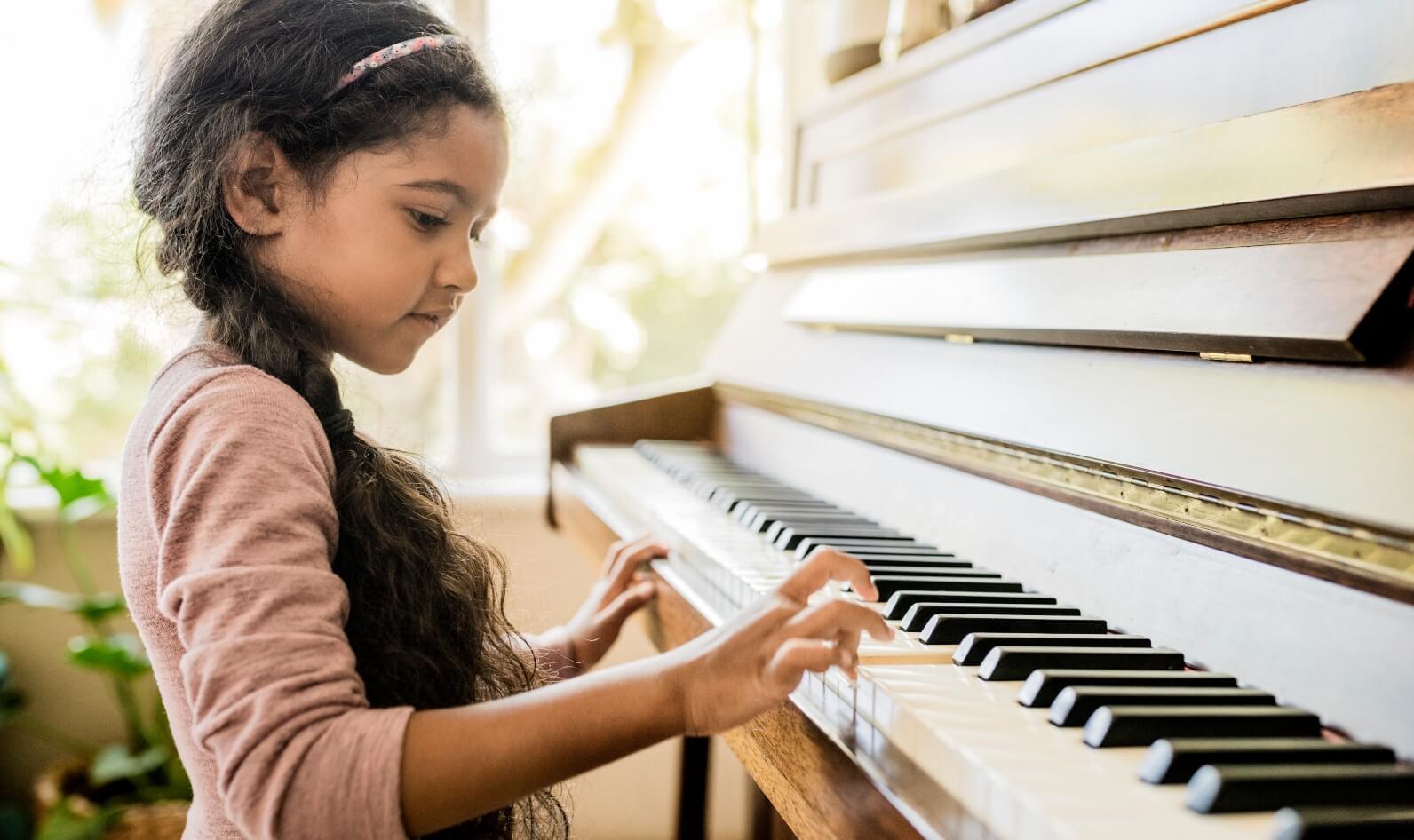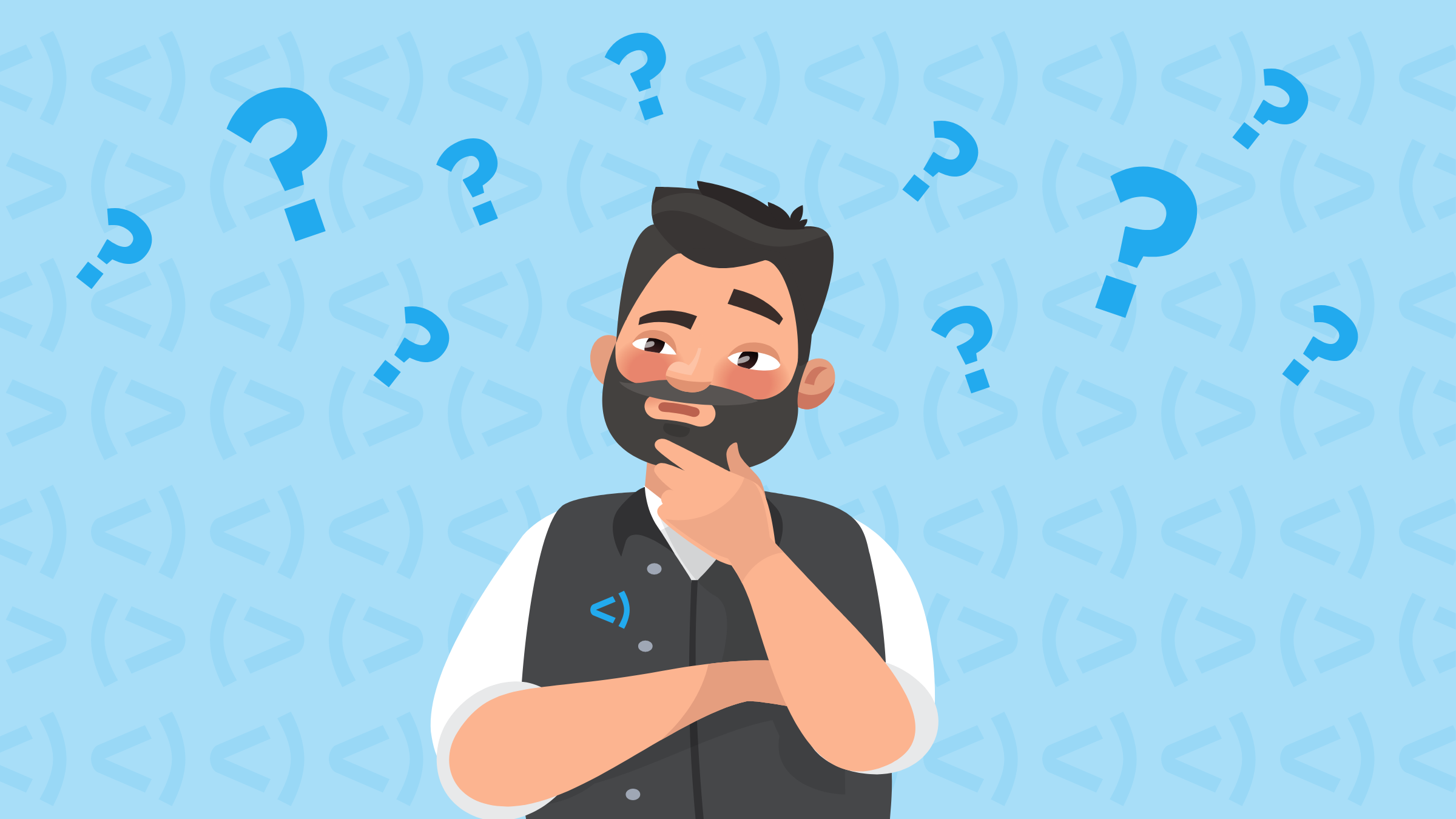The Aathichoodi, written by Avvaiyar, said: “Ilamayil Kal” (இளமையில் கல்) means to learn while you are young. The earlier you expose the children to a new language, the easier they will catch up to learn. Learning music is like learning the language of nature.
Do you notice your child constantly playing on your piano or other instruments? If you play casually on your guitar, are they at your feet listening? Those are good indications that those children are more interested in learning music. How about adults? The only criteria for learning music as an adult is the desire to go for it.
Crucial of Early Age

Informal activities with music should start soon after birth, followed by more systematic classes around age three, and lessons with the goal of learning the instrument should start between six and nine. Musical experience at an early age is extremely important in a child’s developmental process. Like riding a bike or learning a language, they learn later these skills in life, but they will never be natural in how they are so important for fluid musical performance.
Optimum Age

If you have a curious three-year-old or even two-year-old child who you know has the attention towards music lessons, by all means, go for it! Five years old is an optimal age to begin lessons. At that point, children are usually good at being able to sit and focus with a music teacher in their home. Each student is different, so what might work for your three-year-old might not work with another the same age child.
The question to Ask Yourself

Before deciding to enrol your child in music lessons, see whether your child who really responds to music, through dancing, clapping, even banging on the table, that’s a sign that it’s time to channel that excitement into one-on-one music lessons. A teacher can show them how to clap on beat, sing songs, explore different percussion instruments, music improvisation and identify basic note reading and rhythmic patterns.
Research Shows

There is a convincing body of research that shows a window of opportunity from birth to age nine for developing a musical sensibility within children. During this time, the mental structures and mechanisms associated with processing and understanding music are in the prime stages of development, making it of utmost importance to expose children in this age range to music.
Demerits

There are issues to take into consideration beforehand, such as the size of the child and instrument, the attention span of the child, the type of program you’re enrolling your child in, and the child’s level of interest in music. Because children at such a young age 2-3 years old are still growing, many full-size instruments are too big to handle by children.
Reason Behind
The lungs have developed as little until the children are a little older; Do not recommend that children start wind instruments until later. It is also important to remember that children’s muscles and brains are still developing and, thus, extended practice is not always conducive to their bodies or attention spans.
Merits

The piano is usually one of the best instruments for small children, as there is an enormous amount of stock that can adapt to their size and abilities. You can start them on piano or a string instrument, and then they can switch if they would like. In addition, many string instruments, such as violins, can purchase or rent in smaller sizes.
Learn Music Online - Stay Home - Stay Safe:

If you are a music lover, then learn music from your home. Meet our experts who teach piano, electronic keyboard, guitar online with our creative step-by-step structured curriculum. Get our additional course “Voice Culture” for free when you sign up for an Online Music Classroom membership!
Check out the video tutorial, sheet music, midi, karaoke and bundle to buy from Music Library!
We provide you with an opportunity to buy musical instruments from Musician Product on Amazon.
Join now at classroom.goldsmth.com
To Learn Music – Anytime – Anywhere
What is your opinion about this blog? Tell us in the comments below
 Reviewed by Goldsmth
on
February 27, 2021
Rating:
Reviewed by Goldsmth
on
February 27, 2021
Rating:









No comments: